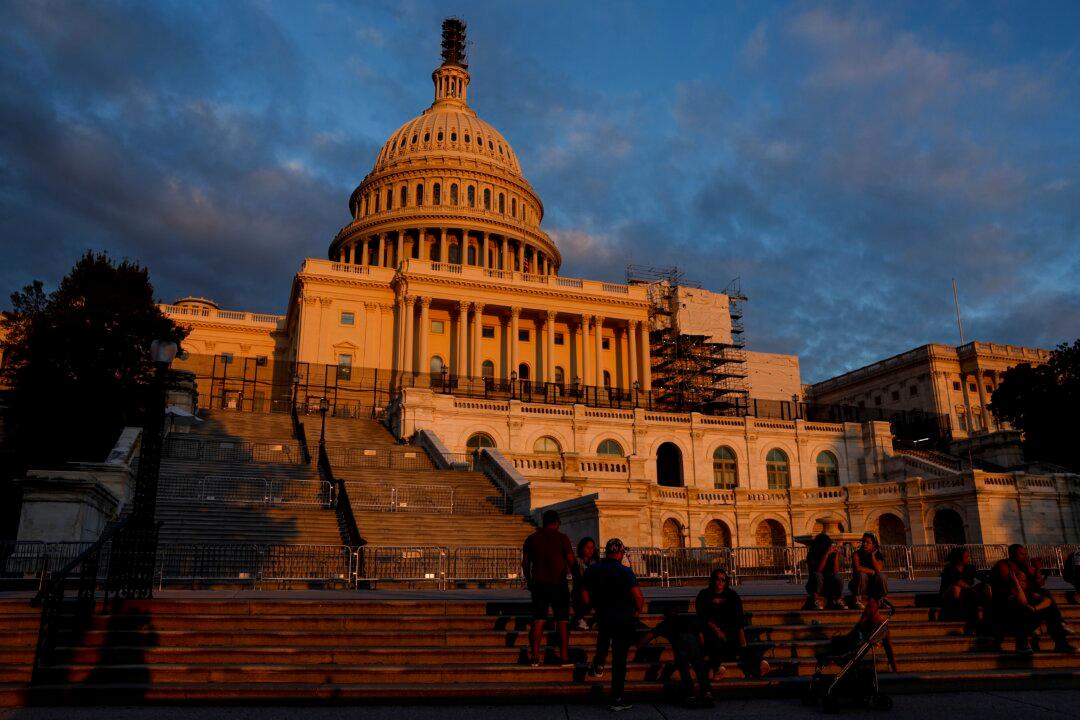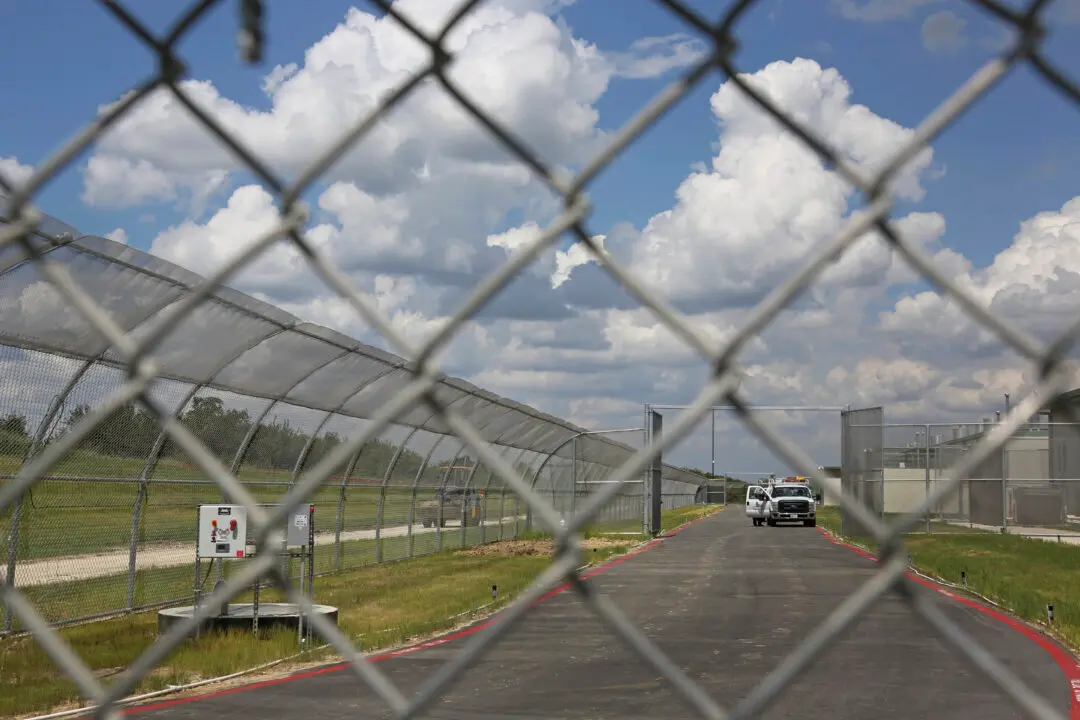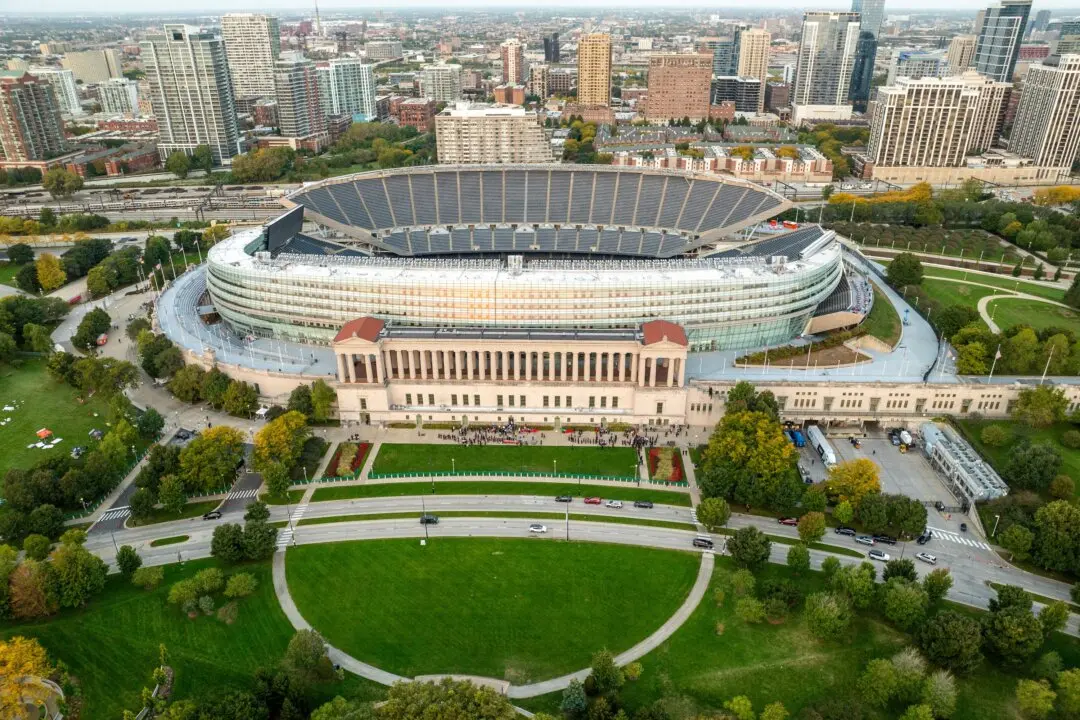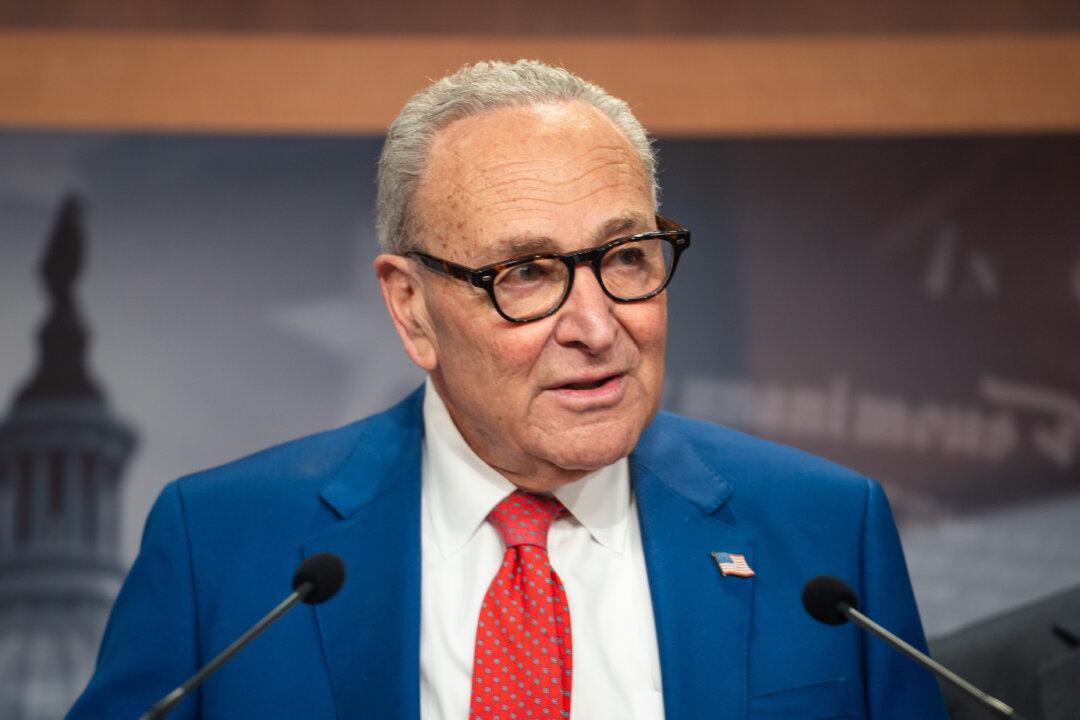Unless Congress funds the government past Dec. 20, there will be a shutdown. Such an occurrence could have major ramifications, though it may not be all doom and gloom.
The longest shutdown was 34 days during the Trump administration between December 2018 and January 2019.





